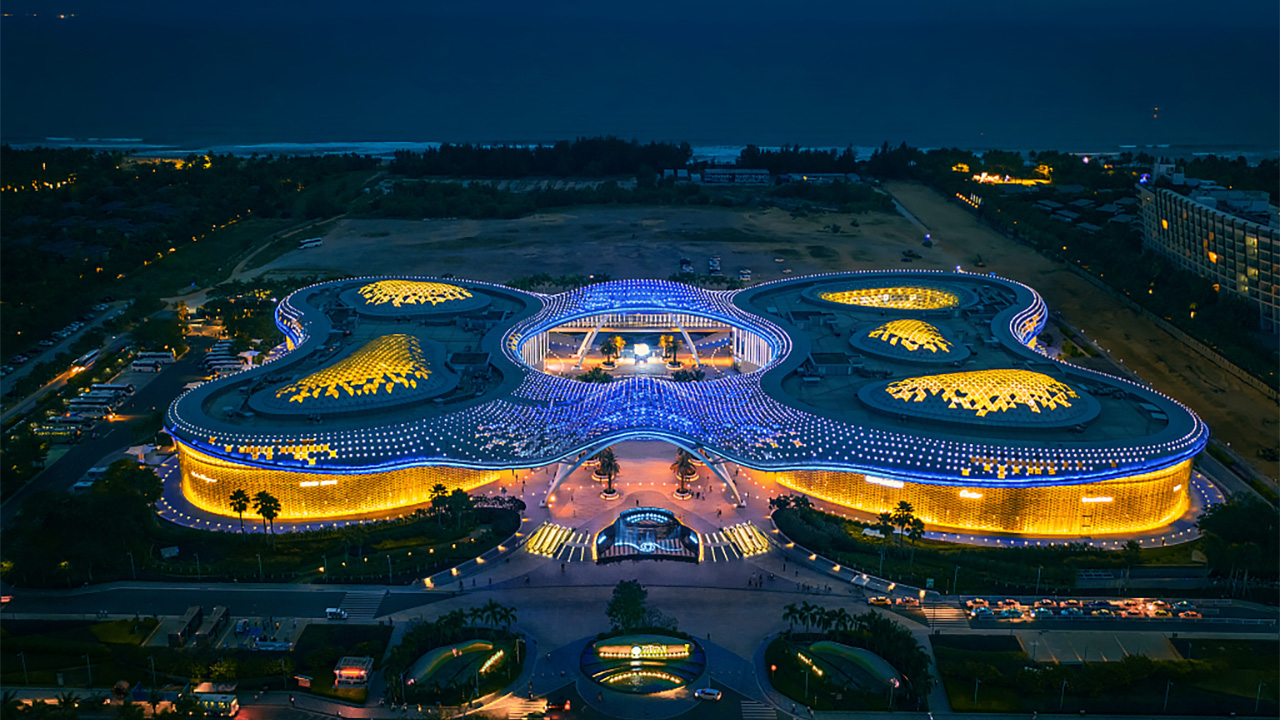In 2018, Chinese tourists spent $110 billion on their travels — nearly 40 percent in duty-free purchases. The pandemic may have decimated this market and removed one of its most lucrative customers, but inside China, the duty-free sector is flourishing on the back of a domestic travel rebound and targeted government policies. And China Tourism Group Duty Free is looking to capitalize.
What happened?
China Tourism Group Duty Free (CTGDF) is planning a secondary listing on the Hong Kong Stock Exchange and hopes to raise $7 to 10 billion.
What is China Tourism Group Duty Free?
A state-owned enterprise that has long been the country’s dominant force in the glitzy realm of duty-free shopping. CTGDF is China’s only retail operator covering all duty-free channels and boasts 188 stores in 90 cities as well as international outlets in Cambodia, Macau, and Hong Kong.
What is the state of China’s duty-free market?
China’s duty-free market has grown steadily in the past couple of years and is estimated to reach $25 billion by 2025. However, pre-pandemic, high taxes on luxury goods and customer limits had hindered the sector, thereby increasing the appeal of overseas shopping sprees.
In mid-2020, having successfully contained coronavirus, domestic travel picked up and policy makers decided to capitalize on pent-up demand for luxury goods by loosening duty-free regulations, particularly in Hainan, which has become the country’s hottest destination in the past year.
Individual quotas were tripled to $15,000, eligible duty-free categories increased to include tech products, item limits were increased and in some cases removed, and, most consequently, new duty-free licenses were issued to Chinese retailers.
Blessed with a host of properties in Hainan, CTGDF emerged as the world’s largest duty-free retailer — at Haitang Bay Duty Free Shop, it generated $770 million in sales over 50 days, a global record.
Why does this IPO matter?
It signals CTGDF’s confidence even as its domestic market is becoming more competitive. If successful, it will likely herald a push to capture more of the globe’s duty-free shopping business, which would include Chinese tourists traveling internationally. Funds may well be used to establish a chain of global outlets, says Abhay Gupta, a longtime duty-free watcher and CEO at Luxury Connect: “With a large number of global outlets, they can cross-sell and make more products available, they can offer buy anywhere and deliver home in China services, they can control supply and take advantage of cheaper buying.”



